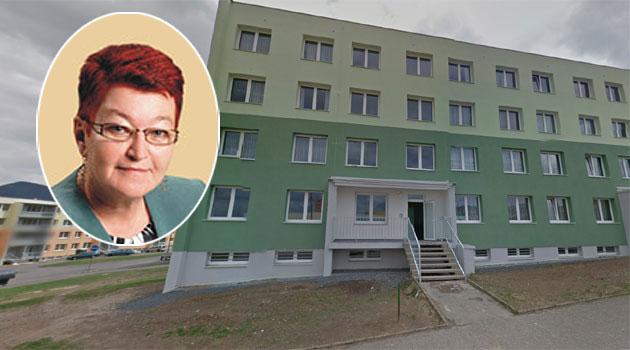Czech Republic: Local officials reiterate intention to collect on bad debts

Distorted information is being spread through the Czech media and social networking sites about the town of Most, claiming that officials there have forgiven the debts owed the municipality by residents of the Chanov housing estate. "That is not true," Deputy Mayor Hana Jeníčková says of this misinterpretation of the facts.
"The town councilors, at their June meeting, approved a motion to waive recovery of the debt for the time being, which definitely is not the same as forgiving it," Jeníčková said, adding that municipal officials have taken every possible step to recover the bad debts from those who owe them. "More enforcement efforts would not only be futile, but also wasteful."
Some of the debtors are people who no longer live at Chanov and whose current addresses are unknown, as they no longer live in the Czech Republic. For some others, their financial situations make it impossible to recover the debt, as there isn’t "anywhere to take it from", to put it colloquially – they either have no bank accounts, jobs, or tangible property that could be seized, or their pensions are already attached by other collections proceedings, or their pensions are so low that it would be impossible for them to ever pay off their debt to the town.
"We are only waiving recovery of back rent in cases where the tenancy has long since ended, the debtor is no longer living in Most, and his address is unknown," a press release published on the official website of the town of Most says. Waiving of recovery is bascially just an accounting category that makes it possible to move a debt from a balance sheet account to an off-balance sheet one.
The debts continue to exist and are still listed in the register. "This step means an offical can, metaphorically speaking, put the file in a drawer, and later, should there be a change in the debtor’s conditions, the file can be brought out again and the process of recovery can be renewed. The debtor remains a debtor and is still considered as such," Jeníčková said.